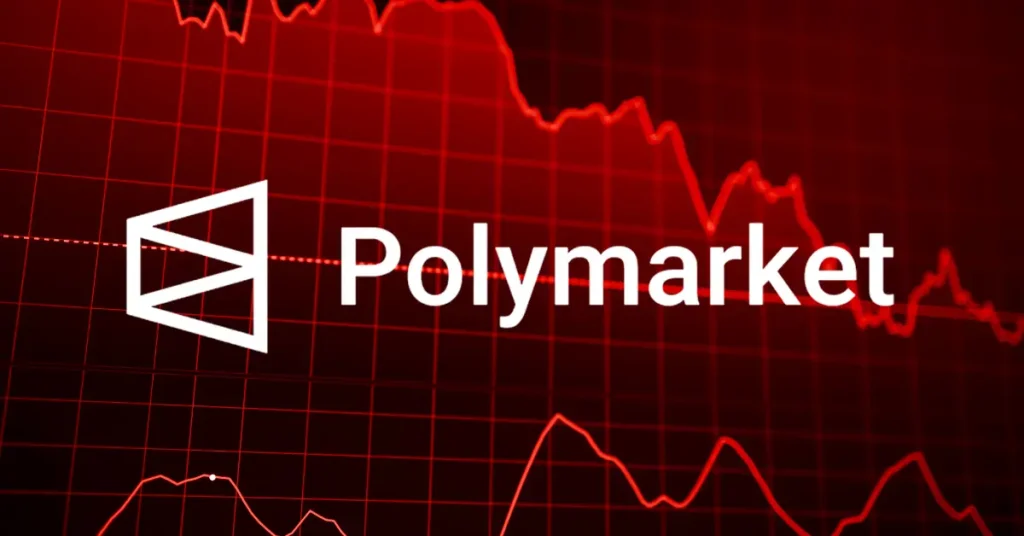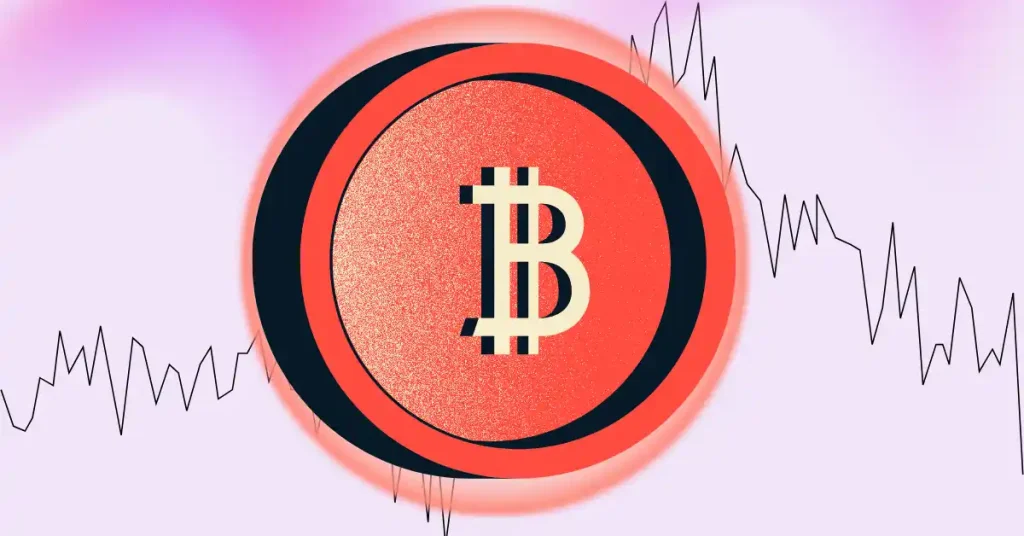U.S. Congressman Warren Davidson has introduced an act that would allow Americans to pay federal tax obligations using Bitcoin.
The legislation, titled the Bitcoin For America Act, outlines a scheme enabling taxpayers to transfer Bitcoin directly to the U.S. Treasury, with the collected assets directed into a newly established Strategic Bitcoin Reserve. The initiative aims to adapt federal payment systems to the increasing use of digital assets while establishing a reserve structure based on Bitcoin’s fixed supply.
I’m introducing the Bitcoin for America Act to strengthen long-term national financial resilience and position the U.S. at the forefront of global asset leadership!
This marks an important step forward in embracing the innovation that millions of Americans use every day. pic.twitter.com/2JSlaJSVkc
— Rep. Warren Davidson (@Rep_Davidson) November 20, 2025
Bill outlines tax payments in Bitcoin without triggering capital gains
According to the proposal, taxpayers would be given the freedom to settle federal liabilities by transferring Bitcoin to the Treasury or certified financial agents by the Secretary of the Treasury. According to the bill, no capital gains tax will be realized during the transfer. Instead, it would be recognized at the fair market value of Bitcoin at the time of the transaction, and the procedure would resemble the foreign-currency remittance procedures currently in use.
Within the text of the bill and the accompanying statements, Warren Davidson proposes that the policy aims to revise federal payment tools as the adoption of digital assets increases throughout the United States. He points out that Bitcoin has already become a part of the financial activity of millions of Americans, and the policy should reflect these circumstances by providing an additional payment method. The measure also identifies Bitcoin transferred for tax purposes as an asset entering a new federal reserve system, rather than being converted to dollars.
Strategic Bitcoin Reserve proposed as national asset
The foundation of the act is the establishment of the Strategic Bitcoin Reserve, which would store all Bitcoin collected as tax payments. According to Warren Davidson, the reserve is designed to build an asset with a fixed supply and be a part of federal financial planning. Accompanying the proposal are statements that claim the non-inflationary model of Bitcoin may serve to protect the federal balance sheet against long-term currency erosion, as opposed to inflation, which the dollar is vulnerable to.
Davidson also cites foreign government action, including Taiwan’s effort to create its own national Bitcoin reserve, as well as signs of other countries, such as China and Russia, increasing their sovereign Bitcoin reserves. The bill observes that such international trends are among the reasons why the introduction of a federally acknowledged Bitcoin reserve in the United States should be implemented.
In an interview featured in the document, Warren Davidson explained that the United States could have improved its fiscal stance had it begun purchasing Bitcoin a decade earlier. He suggested that the quantity of Bitcoin stored since 2012 could be used to repay some of the current national debt, which has been estimated to be $38 trillion.
Though participation is optional in the bill, Davidson defines the system as voluntary in the sense that individual taxpayers can choose every year whether to contribute in Bitcoin.
Digital access and structural intent of the proposal
The proposal also brings out potential implications for financial access. Davidson identifies the open and permissionless nature of Bitcoin as an approach that enables more open participation, even by persons who have no access to traditional banking. According to the bill, allowing individuals to make payments to the federal government in Bitcoin will open new access points in the digital economy and harmonize federal operations and new payment styles.
Additionally, Warren Davidson explains the context of the act as a whole as part of a transition to modernized financial structures. The bill proposes paying federal taxes in Bitcoin as a means of accumulating a reserve based on an appreciating asset class and reducing the reliance on debt-based systems.
Join a premium crypto trading community free for 30 days - normally $100/mo.


![Bitcoin 2026 [LIVE] Updates : Stock Market, Gold And Silver Price, Crypto News](https://image.coinpedia.org/wp-content/uploads/2025/12/22190528/Bitcoin-Price-Reclaims-90000-%E2%80%94-Why-Some-Analysts-Still-See-Downside-Risk-1024x536.webp)













 English (US)
English (US)